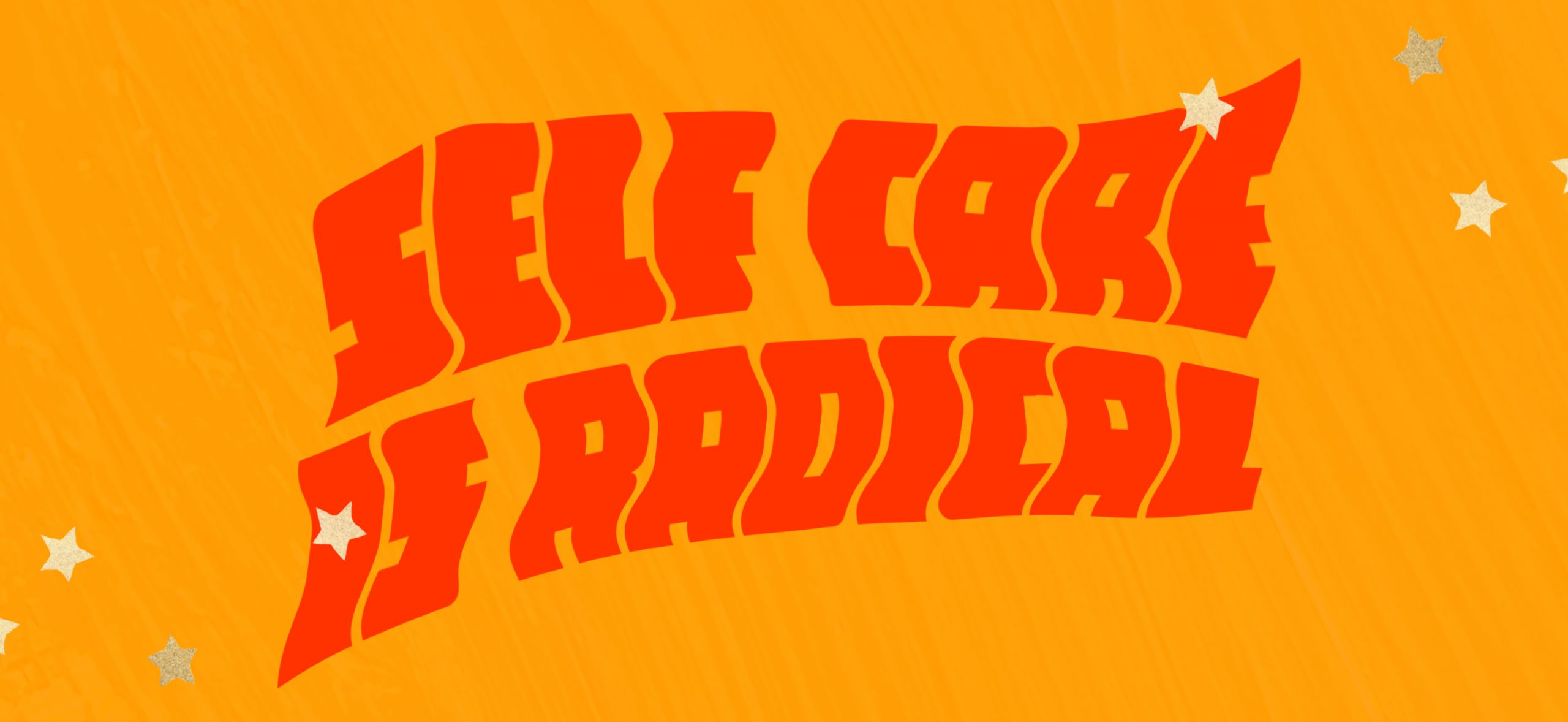We all are familiar with the idea that we can’t help others without taking care of ourselves first. Activists especially know this to be true; fight for justice, rest, then continue fighting.
Before self-care became mainstream like it is today, it actually evolved as a political act during the rise of the women’s movement and the civil rights movement. “Activists saw that poverty was correlated with poor health, and they argued that in order to dismantle hierarchies based upon race, gender, class, and sexual orientation, those groups must be able to live healthy lives. In turn, living healthily requires the involvement of individuals and communities in their own health promotion” (The History of Self-Care, The Slate Group).
The health care system then and now, continues to fail to meet the actual needs of women, people of color, and Black communities.
The concept of self-care empowers you to be your own health advocate within a system that won’t advocate for you.
Martin Luther King Jr is quoted, “Of all forms of inequality, injustice in health is the most shocking and the most inhumane.” The Black Panther Party carried forward this notion and made health-care a priority. Self-care became about surviving and preventing disease, an idea that is still relevant today.
Some may think that self-care is selfish, especially the hardest working women who may never take breaks. However, it is critical to pay attention to one’s own stress levels, what you are consuming, and physical activity. Failing to do so can lead to medical issues like high blood pressure, high cholesterol, obesity, diabetes, and heart disease. In Audre Lorde’s 1988 book, A Burst of Light, she wrote a statement that has become a manifesto for self-care among Black women: “Caring for myself is not self-indulgence, it is self-preservation, and that is an act of political warfare.”
“Caring for myself is not self-indulgence, it is self-preservation, and that is an act of political warfare.” – Audre Lorde
PTSD is a real concern right now in Black communities with the rise in media attention over killings of unarmed black people by police, as well as in politics. Watching the deaths of black people at the hands of the police in videos, the media, and social media begins to create more trauma among activist communities and human rights advocates.
Self-care is just as critical as ever, and it’s important to understand it’s not just about de-stressing or even self-indulging. Self-care is self-preservation in a time when people can’t rely on the healthcare system to actually keep them healthy. It really is our own immune systems that keep us healthy at the end of the day.
Self-care can look like cooking a healthy meal, going for a walk, meditating, deep breathing, paying attention to how different foods make you feel, or talking to a friend. After all, caring about society and one’s self is interconnected.
This article was written by Carrie Sleme:
Carrie Sleme is an artist and an Integrative Nutrition Health Coach (student at The Institute for Integrative Nutrition) born, raised, and living in St. Louis, MO. I believe that wellness and healthy living can be achieved through a holistic approach by treating the root cause of your diseases, rather than just the symptoms. I also believe that wellness is a basic human right and should be accessible to everyone. Through my own personal experience and as a (future) health coach, I want to deconstruct diets, guide you to a place of understanding your bio-indidivual needs, and in turn accept your body’s unique strength and beauty.




